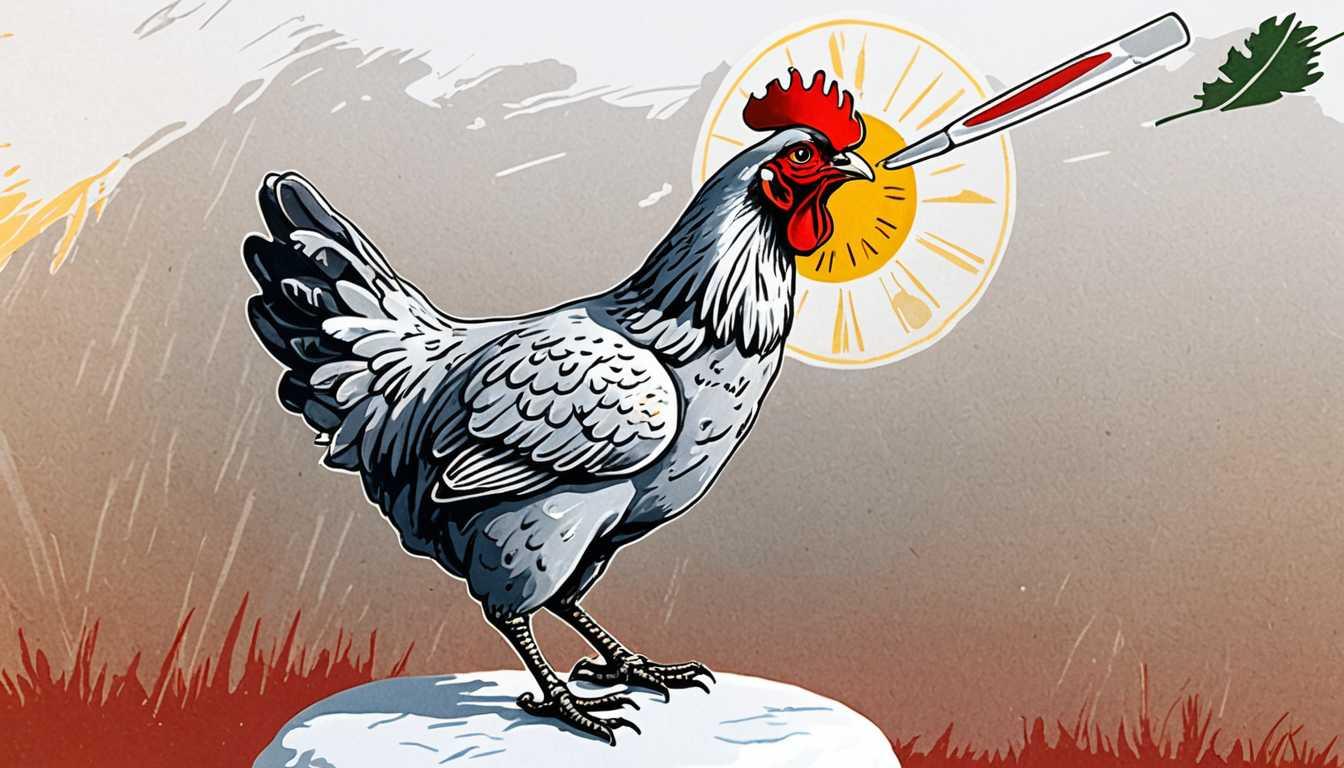Gene-Edited Pork Revolution
February 2024
Smithsonian Magazine
Introduction
Get ready to sizzle with science! A UK company is revolutionizing the pork on your fork by gene-editing pigs to resist a costly virus, potentially saving global farmers billions. As reported by Smithsonian Magazine, these futuristic pigs could trot onto your plate by 2025 if they pass the regulatory BBQ. Dive into the details of this porcine breakthrough and chew on the implications for dinner and beyond!
READ FULL ARTICLEWhy It Matters
Discover how this topic shapes your world and future
Piggybacking on Progress
Imagine a world where the pork chops on your dinner plate come from pigs that have never been sick a day in their lives. Thanks to gene-editing technology, this could soon be a reality. Scientists are using tools like CRISPR to tweak the genes of pigs to make them resistant to a nasty virus called PRRS, which costs farmers billions each year. This breakthrough isn't just about healthier pigs; it's about transforming agriculture, reducing economic losses globally, and potentially changing what we eat. For you, this means the pork in your meals could be safer and more sustainable. It’s a glimpse into how science directly impacts the food on your plate and the global economy.
Speak like a Scholar
Gene Editing
A type of genetic engineering in which DNA is inserted, deleted, modified or replaced in the genome of a living organism.
CRISPR (Clustered Regularly Interspaced Short Palindromic Repeats)
A revolutionary gene-editing technology that allows scientists to edit parts of the genome by removing, adding, or altering sections of the DNA sequence.
Genome
The complete set of genes or genetic material present in a cell or organism.
Embryo
An early stage of development in multicellular organisms. In this context, pig embryos are used to introduce gene edits.
Lineage
A sequence of species each of which is considered to have evolved from its predecessor.
Regulatory Approval
The process by which government agencies evaluate the safety and efficacy of products such as genetically modified organisms to determine if they are safe for public use and consumption.
Independent Research Ideas
Ethical Implications of Gene Editing
Investigate the ethical considerations and debates surrounding the use of gene-editing technologies in animals. What are the long-term impacts on animal welfare and biodiversity?
Economic Impact of Gene-Edited Livestock
Explore how gene-edited animals like the PRRS-resistant pigs could influence global agricultural economics. Consider factors like production costs, market pricing, and international trade.
Consumer Perception and Acceptance
Research how different cultures view genetically modified foods, particularly gene-edited meat. What factors influence acceptance or rejection?
Comparison of Gene Editing Technologies
Study different gene-editing technologies, such as CRISPR, TALEN, and ZFN, focusing on their mechanisms, efficiencies, and potential drawbacks in agricultural applications.
Long-term Ecological Impact
Examine the potential ecological consequences of introducing gene-edited animals into the environment. Could there be unintended effects on local wildlife or ecosystems?
Related Articles

Mice Unleashed: Female Behavior Uncovered
February 2024
Cornell University

Vaccines: Cat's Shield Against Invisible Enemies
March 2023
Phys Org

When Grapes Go Sour: The Wine Woe
May 2024
Cornell News Highlights

CRISPR: Chickens' Shield Against Bird Flu
October 2023
MIT Technology Review

Cows: Biomedical Breakthrough Stars
February 2024
Cornell University